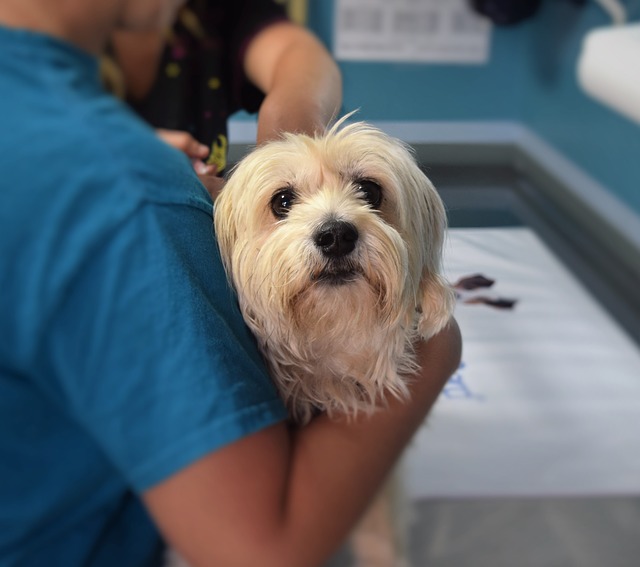How to prepare your dog for the vets
 For our dogs, a trip to the vets can sometimes be a scary experience. Full of peculiar sounds and smells that can make a visit upsetting for them. However, your dog’s health is of the upmost importance and should be treated as a priority. Here are a few ways that you can help your dog to feel more comfortable when visiting the vets.
For our dogs, a trip to the vets can sometimes be a scary experience. Full of peculiar sounds and smells that can make a visit upsetting for them. However, your dog’s health is of the upmost importance and should be treated as a priority. Here are a few ways that you can help your dog to feel more comfortable when visiting the vets.
In an ideal world, our dogs would always be in fantastic health all of the time and we would only have to take them for checkups. Unfortunately, though this is rarely the case and most dogs will have to make fairly frequent visits, and for some breeds of dogs they unfortunately will have to make very regular visits to maintain their health.
The easiest way to stop your dog from being aggressive or anxious when visiting the vets is to train them to be comfortable around new people, new dogs and new places. To do this, you need to expose your dog to these kinds of situations and help them through with treats, praise and staying calm and relaxed yourself. Knowing that to ignore your dog and chat to other owners in the waiting room can actually really help your dog to settle down and will make a trip to the vets a much less harrowing experience for them and will make them much more resilient.
While at the vets, your dog is likely to be poked and prodded and they may not like that at all. To prepare them for this happening you should practice with them beforehand. Giving them treats, or praise for allowing you to touch different body parts. For example, your vet may want to examine your dog’s ear. So to prepare them for this you could start to feed them a treat, and while you are doing this start to touch or rub your dog’s ear, again building a positive association. Other key areas that you can try this with include your dog’s feet, belly, mouth and eyes as these are areas that your vet will most likely want to inspect. Getting other people to do the same with your dog will really help to make that vet check less stressful.
It’s not only your dog who needs to be prepared for the vets, either. You may equally have reservations about visiting the vets. However, often, preparing in advance can help to alleviate some of your fears. Make notes of questions that you want to ask your vet and jot down some information about your dogs symptoms, so that you don’t forget to tell your vet anything important.
You should never delay your dog getting the treatment it deserves just because they have anxiety and behavioural issues that need addressing. For more practical tips on dog care, training and behaviour therapy please visit our articles page which is full of free advice.